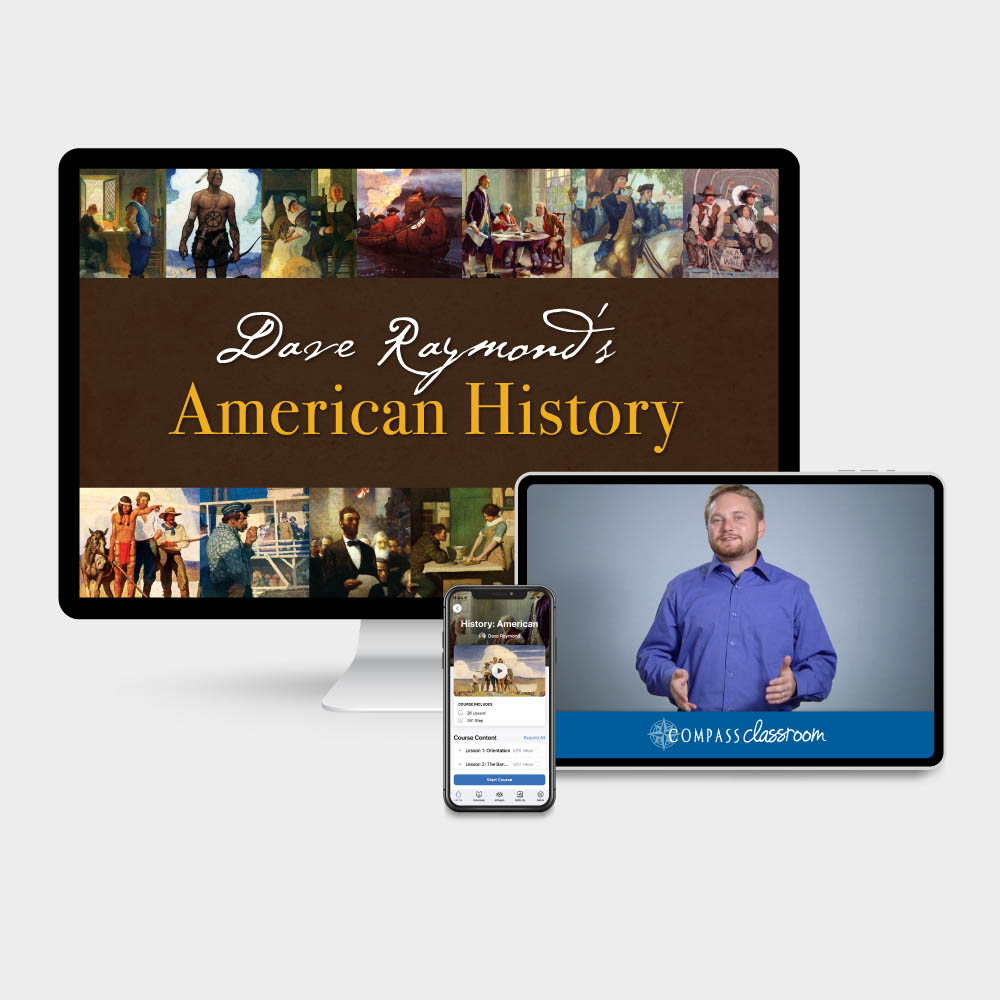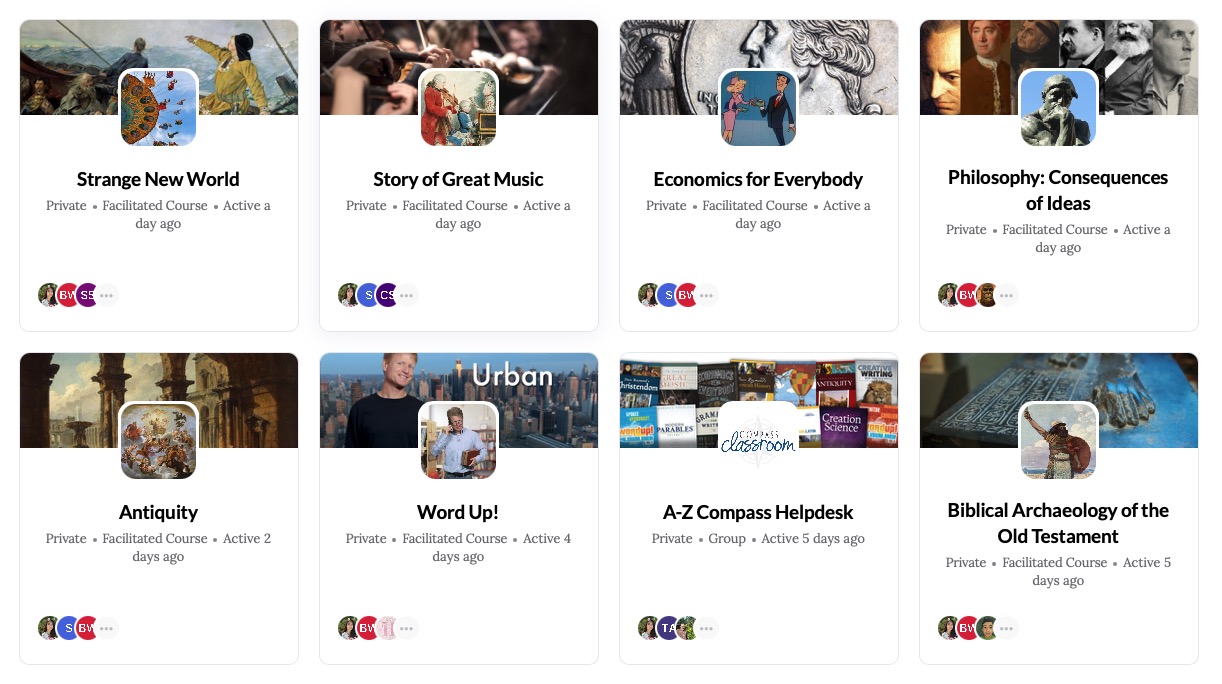
Share this post with another homeschool mom!
From the beginning, America’s Founding Fathers agreed there would be no monarch ruling over the new country. As they established checks and balances, it became apparent that some form of figurehead was necessary to maintain the new governmental system. Yet the most important question remained: what man possessed the qualities necessary to fill such a demanding role?
This list of 11 biographies and autobiographies explain why some men were chosen to lead the United States. From Washington to Biden, each president brought his own specific set of strengths and weaknesses to the job. If you’re interested in learning more about America’s presidents, check out Dave Raymond’s American History and Modernity classes.
1. Washington: A Life – Ron Chernow
How do you sum up the life of arguably the most important American in United States history? Ron Chernow accomplishes this task with grace, perspective, and honesty, qualities resulting in a spectacular look into President Washington. A man who spent his life in service to his country, George Washington sets an inspiring example of conviction and quiet confidence in the face of injustice.
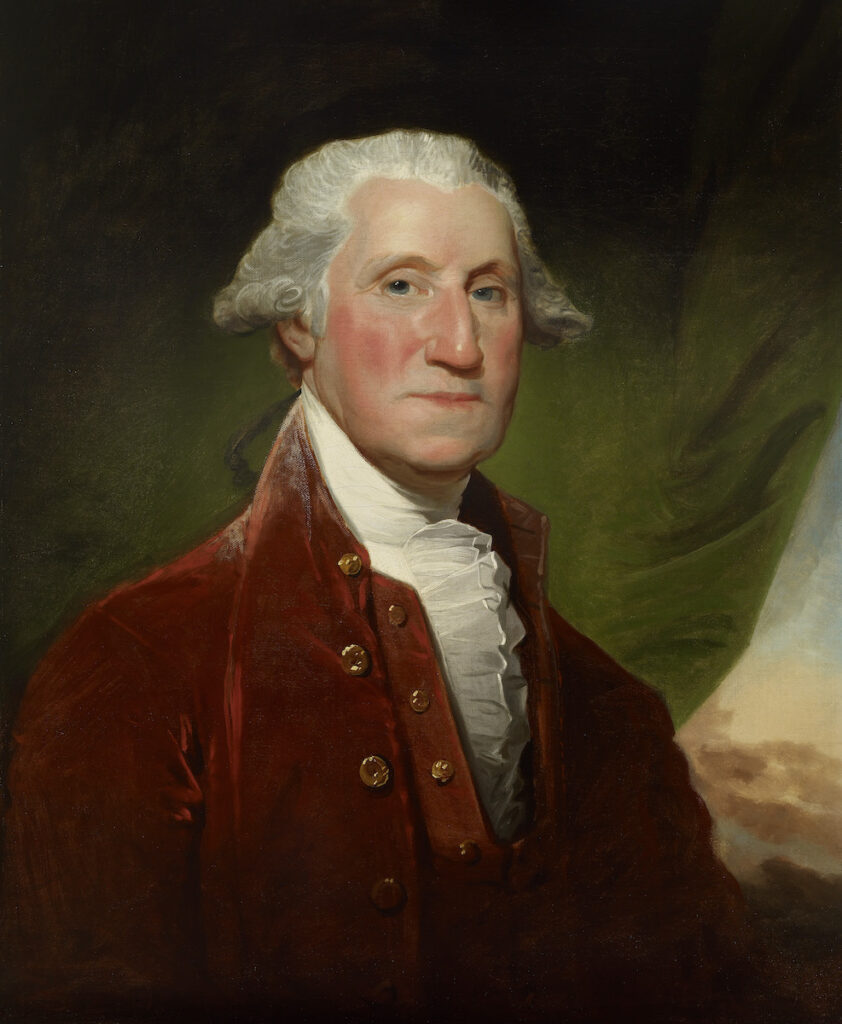
“I hope I shall possess firmness and virtue enough to maintain what I consider the most enviable of all titles, the character of an honest man.”
– George Washington
2. John Adams – David McCullough
Following in the footsteps of George Washington was not an easy task. John Adams achieved this to the best of his ability, but the presidency was not a role that came to him naturally. Adams was a difficult man to know but one anyone would want on his side. Outspoken and opinionated, Adams helped form our nation, a gift that should never be forgotten or ignored. McCullough is possibly the greatest historian and biographer of his day; he describes Adams’ talents and faults, publicly and privately, with grace and insight.

“A Constitution of Government once changed from Freedom, can never be restored. Liberty, once lost, is lost forever.”
– John Adams
3. The Life of Selected Writings of Thomas Jefferson – Thomas Jefferson
On Thomas Jefferson’s tombstone is engraved only three of his many accomplishments: author of the Declaration of Independence, of the Statute of Virginia for religious freedom, and founder of the University of Virginia. Yet he was also elected third president of the United States, the highest achievement a man can aspire. Yet Jefferson did not see it as such. Out of his many biographies, perhaps reading his own words is the best way to form an opinion of Jefferson.
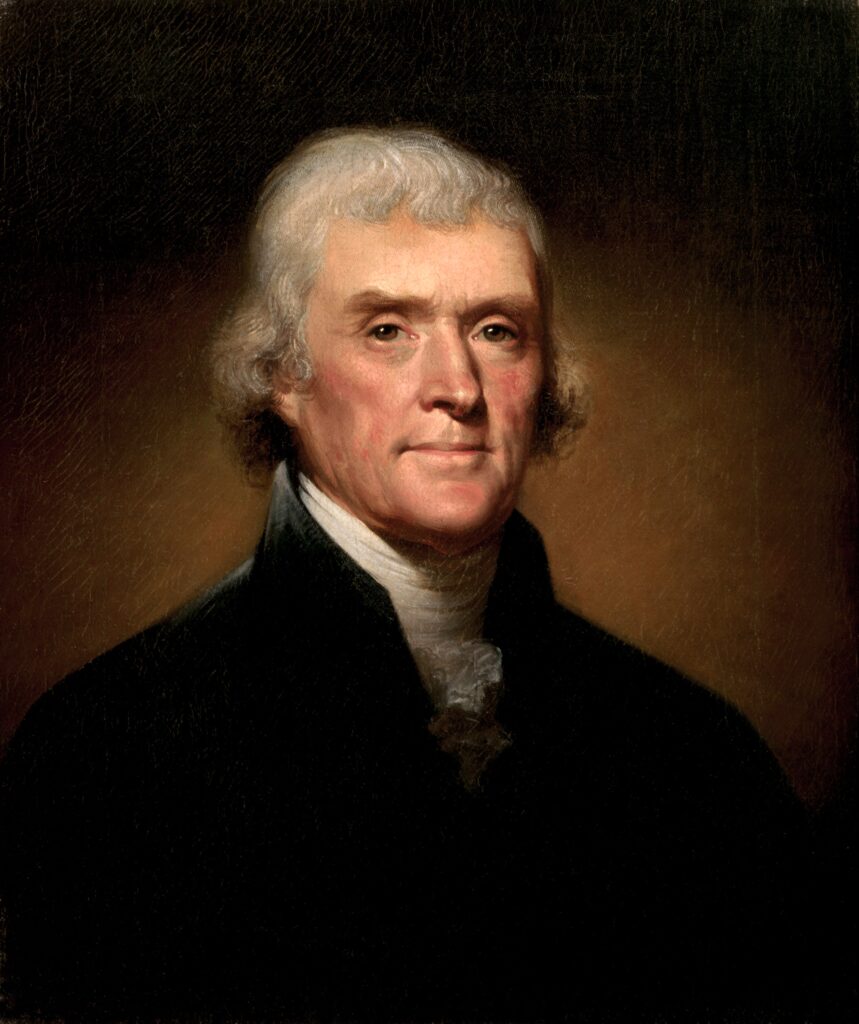
“I predict future happiness for Americans, if they can prevent the government from wasting the labors of the people under the pretense of taking care of them.”
– Thomas Jefferson
4. The Complete Papers and Writings of Abraham Lincoln – Abraham Lincoln
President Lincoln’s administration represents one of the more controversial and complicated eras in America’s lifetime as a country. The Civil War garners a myriad of opinions just as Lincoln attracts many biographers. However, his personal thoughts are arguably the most affective way to understand the man who led the North throughout the deadliest war in American history.
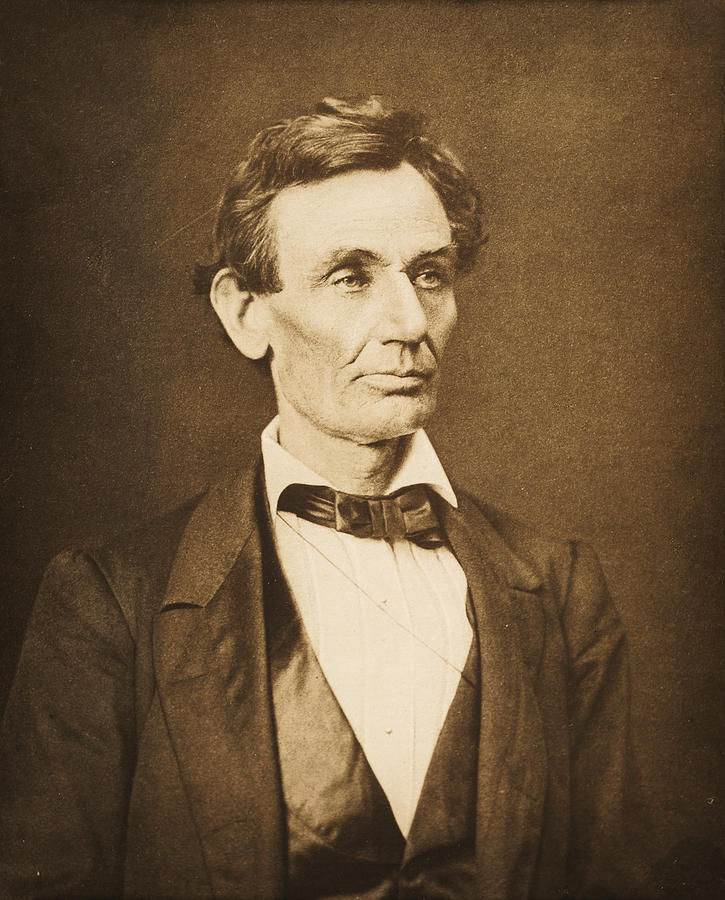
“America will never be destroyed from the outside. If we falter and lose our freedoms, it will be because we destroyed ourselves.”
– Abraham Lincoln
5. Personal Memoirs of U. S. Grant – Ulysses S. Grant
President Grant was a soldier to his core. Never able to successfully hold a job outside of the military, he was elected president twice, a position he was ready to pass on. Towards the end of his life, the Grants lost almost the entirety of their savings in a bad financial investment. Soon after, the ex-general contracted terminal throat cancer. In an attempt to raise money for his wife to live off of after his death, Grant spent his final years writing his memoirs. He would not live to see its publication, however. Mark Twain, a close friend, published the two-volume set in 1885 and the series is one of the most beloved presidential autobiographies to date.

“To maintain peace in the future it is necessary to be prepared for war.”
– Ulysses S. Grant
6. Theodore Roosevelt – TR
There are some men that cannot be summed up in two or three words. Teddy Roosevelt is one such man. An explorer, big game hunter, soldier, statesman, historian, politician, athlete, asthmatic, president, naturalist, and writer, Roosevelt was adored by the American public throughout his two terms as president. Published in 1913, Roosevelt decided to set down his adventures as best he could in a somewhat biased book of over 500 pages. No one can fault him for his bias and it adds a certain humor to the large document.
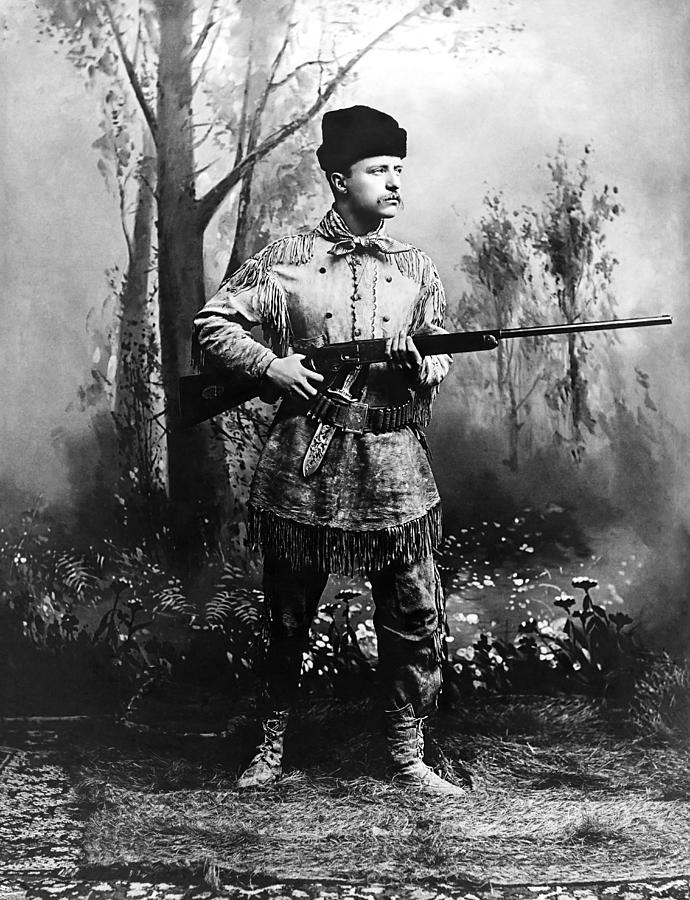
“The things that will destroy America are prosperity at any price, peace at any price, safety first instead of duty first and love of soft living and the get-rich-quick theory of life.”
– Theodore Roosevelt
7. Autobiography of Calvin Coolidge – Calvin Coolidge
“Silent Cal” is one of the lesser known presidents, a categorization which comes from his election during a quiet era of history. President from 1923 to 1929, Coolidge displayed great determination in maintaining certain economic principles in an attempt to prevent any negative response to the excessive prosperity of the 1920s. Coolidge’s autobiography is filled with themes and lessons on debt, frugality, and political division, capturing his perspective of a time just before chaos broke throughout the country.
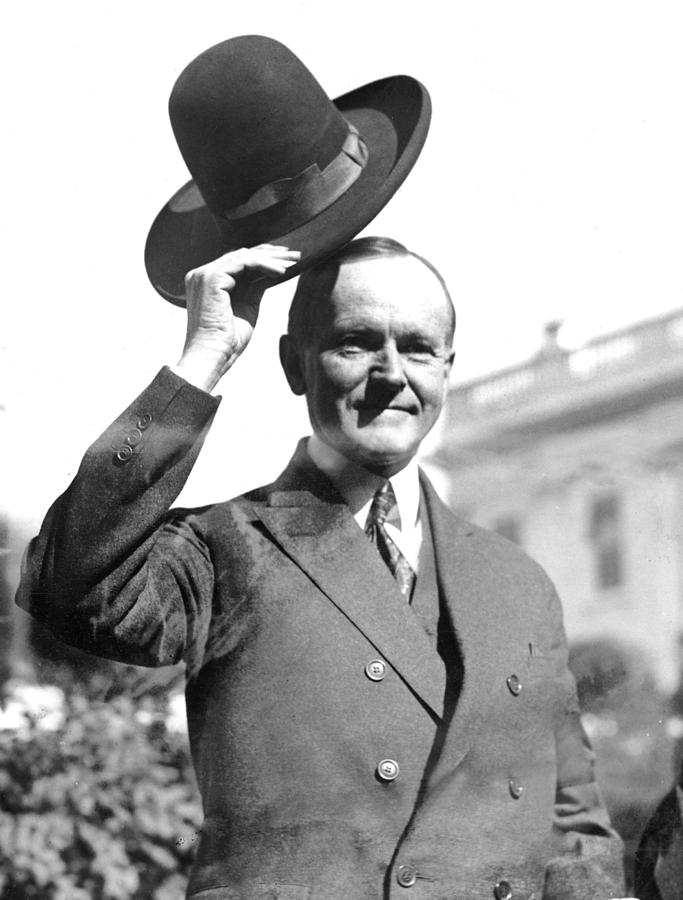
“I want the people of America to be able to work less for the government and more for themselves. I want them to have the rewards of their own industry. This is the chief meaning of freedom.
– Calvin Coolidge
8. Truman – David McCullough
A simple man who inherited the most complicated job, Harry Truman is not remembered for his legacy of peacekeeping. This is partly because he was president during two wars and partly because he was the Commander in Chief tasked with choosing to drop the first atomic bomb. David McCullough’s literary genius shines once again in his open look at the determined, unwavering, thirty-third president of the United States.
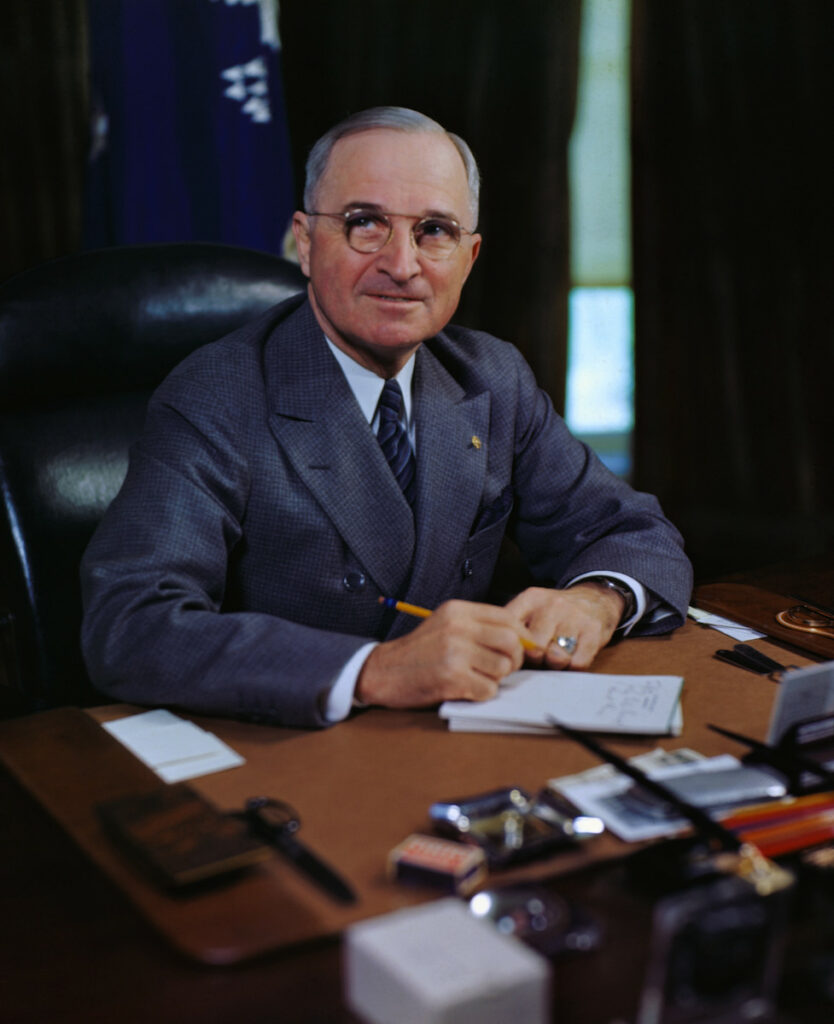
“Once a government is committed to the principle of silencing the voice of opposition, it has only one way to go, and that is down the path of increasingly repressive measures, until it becomes a source of terror to all its citizens and creates a country where everyone lives in fear.”
– Harry S. Truman
9. Mandate for Change – Dwight D. Eisenhower
Like Coolidge, Eisenhower was a president during peacetime. Like Grant and Washington, Eisenhower was one of the most famous generals in history. Unlike Adams, Jefferson, and Roosevelt, Eisenhower did not possess an overwhelming personality but was perceived to play a part as president. To many, it seemed Eisenhower was an aging man unused to strenuous and complicated politics. In reality, he was highly alert and engaged in managing the early years of the Cold War. His autobiography is well written and fascinating to those interested in him as a man, a general, and a politician.
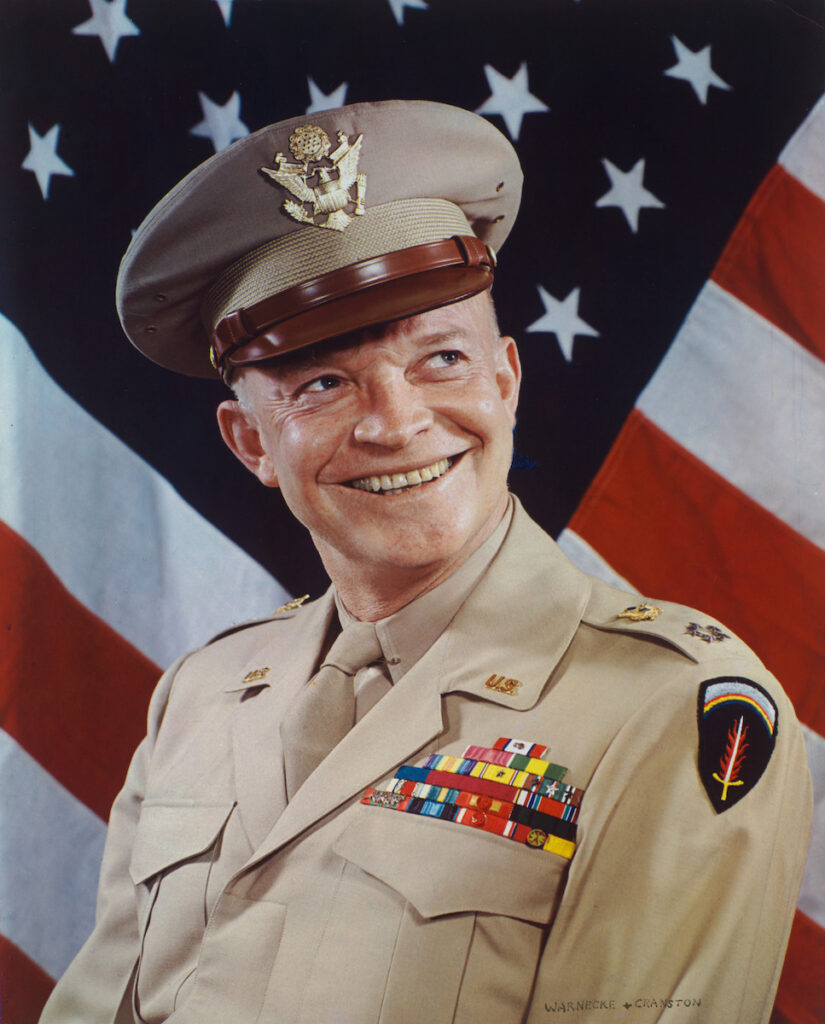
“We are going to have peace even if we have to fight for it.”
– Dwight D. Eisenhower
10. An American Life – Ronald Reagan
Actor turned politician, Ronald Reagan is arguably one of the greatest presidents in American history. The 1980s was a period of economic boom and societal calm, a decade of prosperity and peace. Reagan’s autobiography is well-written, entertaining, and paints a detailed picture of a man who never assumed he would be the leader of the free world. Tracing his life from Hollywood to the White House, Reagan admits his faults and is humble when setting down his accomplishments. It is a book worth reading no matter your interest in politics, Reagan, or the presidency.
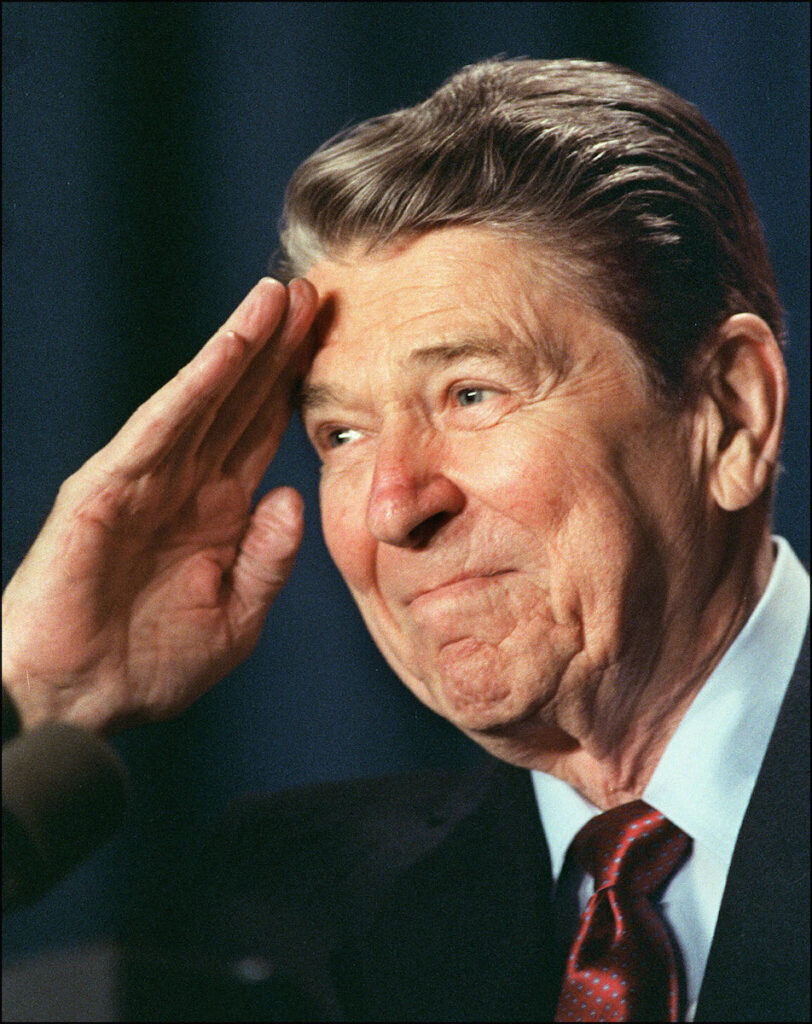
“Freedom is never more than one generation away from extinction. We didn’t pass it to our children in the bloodstream. It must be fought for, protected, and handed on for them to do the same, or one day we will spend our sunset years telling our children and our children’s children what it was once like in the United States where men were free.”
– Ronald Reagan
11. Decision Points – George W. Bush
It is unknown whether George W. Bush would be remembered as a remarkable president were it not for 9/11. Some moments make a man and this act of terror defined much of his presidency. Bush’s autobiography was published in 2010, making it a fascinating read in 2023. With some insightful political and societal predictions, Decision Points reveals Bush’s ineptitude with words but a man intensely set on doing the right thing for his country.
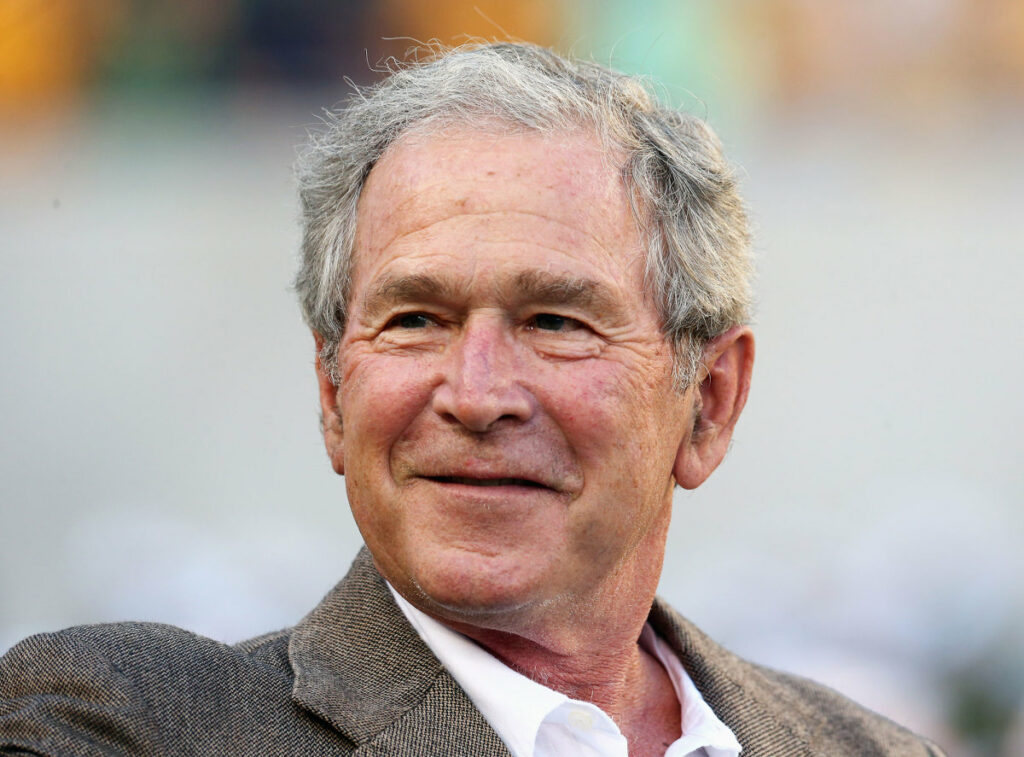
A great people has been moved to defend a great nation. Terrorist attacks can shake the foundations of our biggest buildings, but they cannot touch the foundation of America. These acts shattered steel, but they cannot dent the steel of American resolve.
– George W. Bush
If you’re interested in learning more about America’s presidents, check out Dave Raymond’s American History and Modernity classes. Learn more and view sample lessons by clicking one of the products featured below.
Share this post with another homeschool mom!




